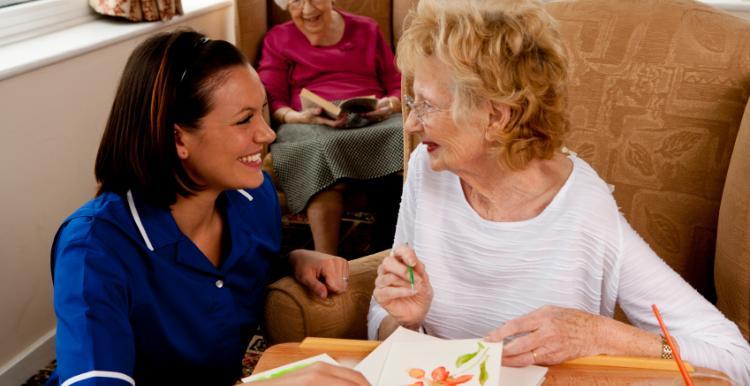New report finds excess deaths among adults receiving social care

The impact of isolation, reduced social care and difficulty accessing services during Covid-19, may have contributed to thousands of excess deaths. Healthwatch worked to get the views of people receiving care at home in the Bristol region in June. We found many were struggling and nearly half of the people we spoke to had hospital or GP appointments cancelled or medication missed (43%).
While The Health Foundation Report found nationally there were more than 30,5000 excess deaths from March 23 to June 19 2020 in care homes, 12,500 of these were non Covid related. Although fewer people receiving care at home died during the period, the increase from previous years has been higher (225% compared with 208%).
As of July, new infections and outbreaks in the general population and care homes have declined from their peak at the end of April. But deaths among those receiving care at home have remained persistently above the average expected at this time of year.
COVID-19 does not affect all people receiving social care equally. The Care Quality Commission has noted high numbers of deaths (across all types of care providers) for people with learning disabilities and mental health patients. It has also raised potential concerns about a disproportionately high number of deaths among social care recipients from minority ethnic groups, particularly black adults.
ISOLATION AND REDUCED CARE
The Health Foundation Report entitled ‘Adult social care and COVID-19 - assessing the impact on social care users and staff in England so far’ says the reasons for these non Covid deaths is unclear and could be either the indirect results of the pandemic such as isolation and reduced levels of care, as well as perhaps undiagnosed cases of Covid-19 where people were not able to be tested.
Our report found people receiving care at home admitted feelings of anxiety and loneliness. One said the reduction in care ‘means I have no help so I am ill and exhausted!’
The impact of isolation, reduced social care services and difficulty in accessing health care may well have contributed to the excess mortality. The reduction of non-COVID-19 linked deaths by early May might indicate COVID-19 cases were being better identified as such, or that the indirect impacts of the pandemic were being more successfully addressed. By 19 June, deaths from any cause continued to fall and had returned to the levels usually observed at this time of year


